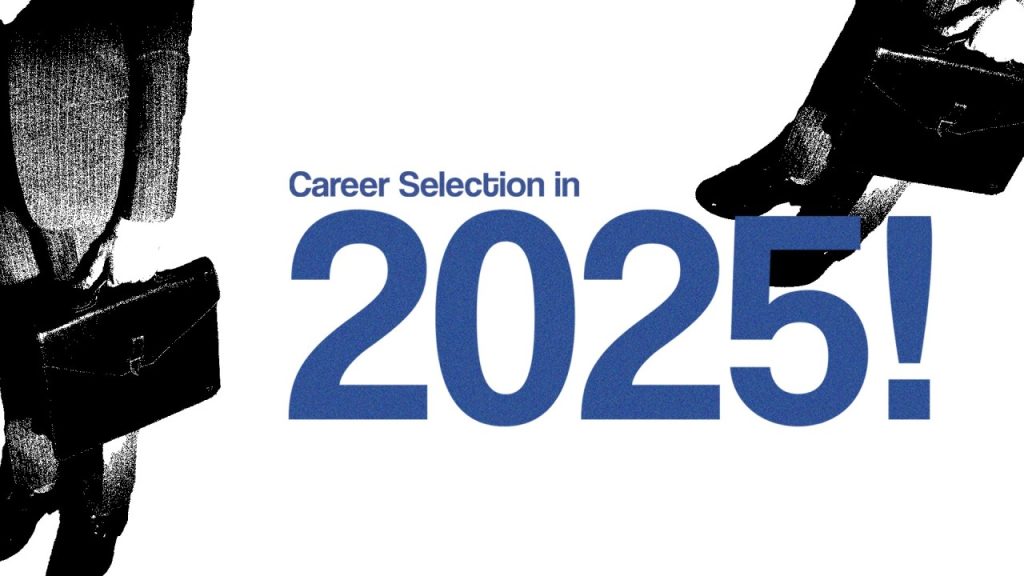Career Selection in 2025!

In 2025, career decisions will continue to be shaped by a combination of various life stages, especially for college students facing overwhelming choices based on their skills, interests, and experiences. A clear career plan is essential for feeling fulfilled and stable.
However, various factors can influence career decisions, categorized as extrinsic, intrinsic, and interpersonal.
Intrinsic factors
1. Personal Interests
Individual preferences and personality traits significantly impact career choices. For example, introverts may favor solitary roles, while extroverts thrive in social environments. Misalignment can lead to frustration.
2. Gender
Socialization affects career decisions, with women often encouraged toward traditionally female roles and men toward male-dominated fields, shaping their choices.
3. Career Development
Continuous exploration of interests and skills is vital for identifying career paths. Actively pursuing growth opportunities enhances job appeal.
Competence and prior experiences also play a crucial role in shaping career options.
Extrinsic Factors
1. Financial Compensation
When it comes to choosing a career path, financial rewards are a major factor. Undoubtedly, the desire for a lucrative income is a valid consideration for many. Given this, some individuals may gravitate towards higher-paying professions due to economic incentives.
2. Professional Prestige
Many individuals strive for more than a hefty pay cheque in their professions. The desire for recognition and admiration plays a significant role in their pursuit of success. Achieving a high level of prestige can greatly enhance their overall well-being and status within their community.
3. Job Security
In a survey by talent agency Randstad, 60% of Malaysian respondents reported that they are worried about losing their jobs amid the challenging economic landscape. Without job security, workers can end up feeling anxiety and stress.
Other extrinsic or external job factors can include job prospects, non-salary benefits, and work-life balance.
Interpersonal Factors
1. Role Models
Role models can really shape the choices you make in your career. When you see someone you look up to doing well in their job, it can totally inspire you to go for something similar. Remember, role models can come from all sorts of places, like family, friends, or even celebrities. But if we’re being honest, parents usually have the biggest impact on the career paths people choose.
2. Social Learning and Multicultural
People from different cultural backgrounds might have some unique expectations when it comes to picking their careers. The choices they make can really vary, especially if they come from an individualistic culture or a collectivist one. For instance, folks in individualistic cultures often focus on personal achievements and their own goals, while those from collectivist cultures usually care more about contributing to their family or community.
3. Social Impact and Social Responsibilities
People often pursue careers that allow them to positively influence society, such as in non-profits or the public sector. Many seek to make a meaningful difference in the world. Career choices are influenced by factors like self-efficacy beliefs, outcome expectations, and goals, as highlighted by Social Cognitive Career Theory.
So, what?
Understanding the factors that influence career choices is only the first step in making the right decisions for yourself. The next step is to make an assessment of what are your top priorities in a career. Different factors may play multiple roles in your decision-making process, and knowing which factor is more important to you is crucial.
Best wishes!




















